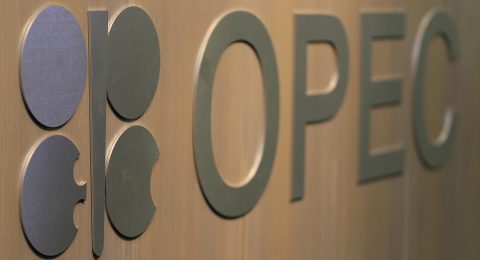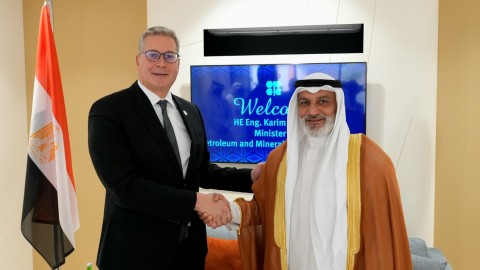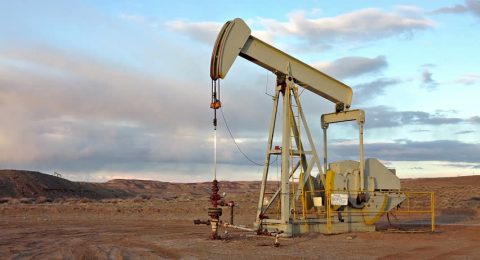Algeria’s Tiguentourine gas plant has resumed full production for the first time since a militant attack in 2013. The plant, operated by BP and Statoil and with a full capacity of 9bcm/year, bought its third train back to work at the end of July, Reuters reported.
In addition, Algeria will link new fields to its gas hub at Hassi R’Mel to increase Algeria’s internal gas transportation capacity by some 18.3 bcm/year by 2019, S&P Global Platts informed.
Algeria is thus trying to bring on gas production at new fields to make up for maturing output at its Hassi R’Mei field. State-owned Sonatrach is moving forward with pipeline constructions and has now signed contracts to build the 344-km GR7 line from El Menia to Hassi R’Mel in central Algeria. The line is expected to take 30 months to build and will add 9.4 bcm/year of gas.
Another pipeline, the 765 km GR5 link, is currently being built to join up the Reggane field with Hassi R’Mel, which is expected to enter into operation in the first half of 2017. The GR5 pipeline can carry some 8.9 bcm/year of gas.
Algeria hopes that dozens of gas projects, mostly in its southwestern Sahara territories, will generate new output and help keep its flow of gas to Europe stable on the long term. The north African nation has struggled to attract the investment needed to discover and develop new fields and maintain old ones.












